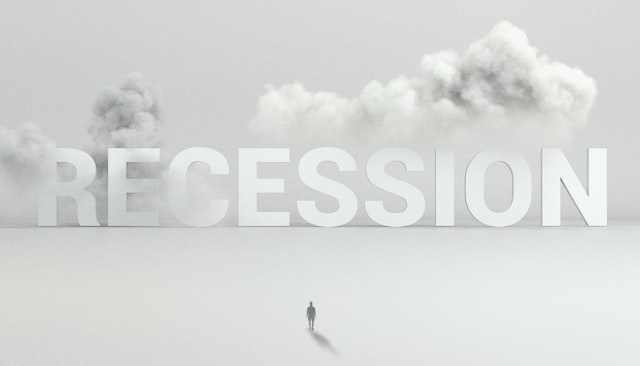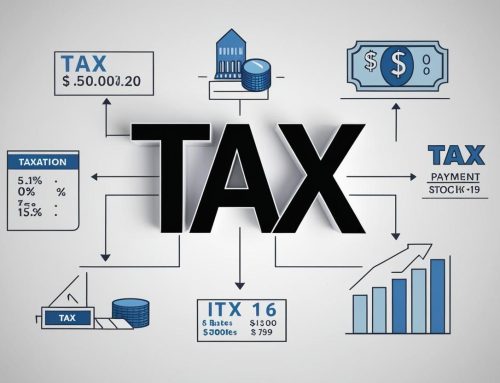September 11, 2023
EU economics chief says Europe is gripped by a ‘double crisis’ — but it can avoid a recession
Europe is facing the impact of a “double crisis,” but the region can avoid a recession, Paolo Gentiloni, the European Commissioner for economic affairs, told CNBC on Saturday.
“I think we are we facing the impact of the double crisis,” Gentiloni said in reference to the geopolitical impact from Russia’s full-scale invasion of Ukraine and the subsequent economic hit to the European continent.
“From a geopolitical point of view, [the crisis] impacted also, of course, the U.S. and all the world, but from the economic point of view, it impacted seriously Europe and Germany in particular,” he said.
Russia’s invasion of Ukraine in February last year sparked serious fears in Europe that the region would enter a significant economic slowdown.
However, the region has since been able to secure alternative energy supplies, which until then primarily came from Russia, and some governments were able to provide relief to consumers facing high energy costs.
The euro area, in the end, grew at a rate of 3.5% in 2022, according to the International Monetary Fund. The institution expects a growth rate of 0.8% for the euro zone this year and 1.4% in 2024.
“We had an excellent 2022, higher growth than the U.S. and China,” Gentiloni told CNBC’s Steve Sedgwick at the Ambrosetti Forum.
“The slowing down started from the last quarter of 2022 and it is there, but please don’t call this a recession, because I think we can avoid a recession, we are avoiding recession,” he said.
‘Energy independence’ challenge
The European Commission, the executive arm of the EU, is publishing new economic forecasts for the whole region on Sept. 11. They will give an indication of the growth picture in the area.
However, recent economic data has raised concerns about a slowdown. For instance, European business activity contracted during August, to its lowest level since November 2020.
Inflation has eased in recent months, but the latest set of data showed the headline figure stable in August from the previous month at 5.3%. Though lower than earlier this year, it is still well above the European Central Bank’s target of 2%.
“Why after a strong rebound after the pandemic is our economy slowing down? I think because of the challenge to gain energy independence, which was very costly for our families and fueling inflation,” Gentiloni said.
Source: CNBC
Legal Notice: The information in this article is intended for information purposes only. It is not intended for professional information purposes specific to a person or an institution. Every institution has different requirements because of its own circumstances even though they bear a resemblance to each other. Consequently, it is your interest to consult on an expert before taking a decision based on information stated in this article and putting into practice. Neither Karen Audit nor related person or institutions are not responsible for any damages or losses that might occur in consequence of the use of the information in this article by private or formal, real or legal person and institutions.






